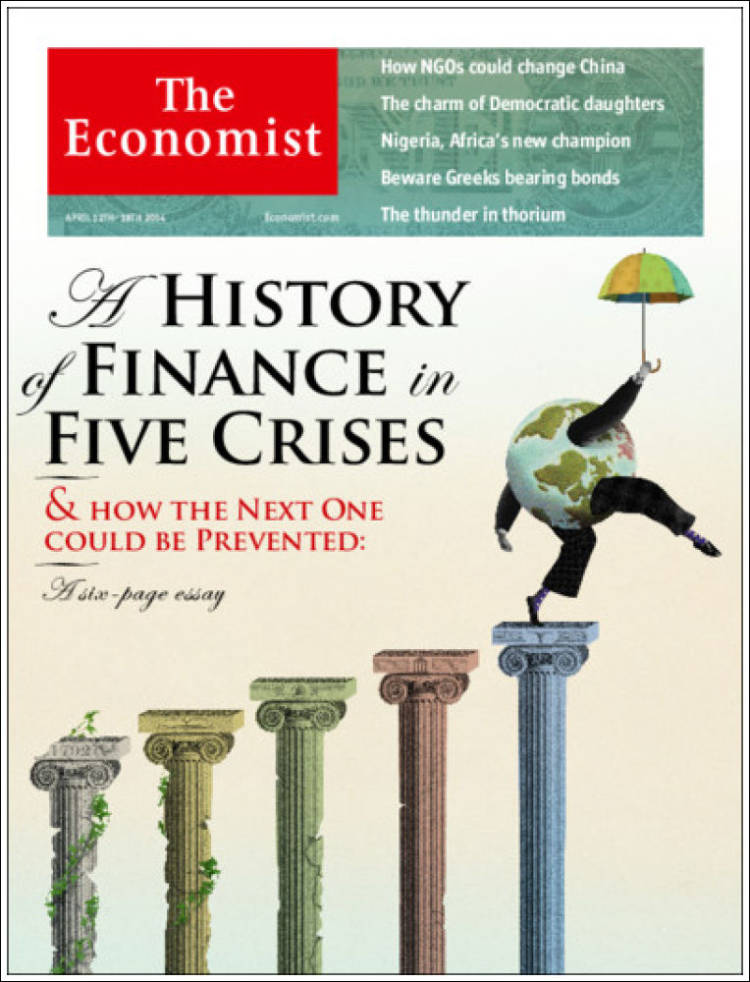This week's Economist has a special essay on financial crises, which argues that financial systems are not just prone to crises, but that they are shaped by them. The big punchline in the essay is that government plays too large a role in financial systems, which actually makes them more unstable. In Banking in Crisis, my forthcoming book, I argue that this is only a part of the explanation as to why banking systems are prone to crises.
Michael Aldous and I had our book The CEO: The Rise and Fall of Britain's Captains of Industry published a few weeks ago. You can find out more about it and buy it at Cambridge University Press's website . It is also available at Amazon , Waterstones , and Barnes & Noble . The CEO has already been reviewed in The Sunday Times , The Observer and Financial Times .
